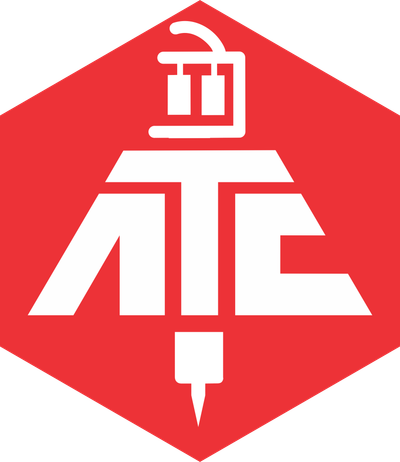TATTOO ART
What Is a Tattoo?
A tattoo is a permanent kind of body art. A design is made by puncturing the skin with needles and injecting ink, dyes, and pigments into the deep layer of the skin.
Tattoos used to be done manually — that is, the tattoo artist would puncture the skin with a needle and inject the ink by hand. Though this process is still used in some parts of the world, professional tattoo artists use tattoo machines. A tattoo machine powers the needles up and down as ink is deposited in the skin.
What if I Want a Tattoo?
If you're thinking about getting a tattoo, you should understand that tattoos are permanent. Tattoo removal is difficult, expensive, and may not be completely remove the tattoo.
If you have a medical problem such as heart disease, allergies, diabetes, skin problems like eczema or psoriasis, a weakened immune system, or a bleeding problem, talk to your doctor before getting a tattoo. Also, if you get keloids (an overgrowth of scar tissue) you should probably not get a tattoo.
Even though tattoos are generally accepted, having one may hurt your chances of getting a job or advancing your career. If you get a tattoo, career coaches recommend you get one that's easy to cover with work clothes.
What Else Should I Know?
It's very important to protect yourself against infection if you decide to get a tattoo. Make sure the tattoo studio is clean and safe, and that all equipment used is disposable (in the case of needles, ink, gloves) and sterilized (everything else).
Most countries don't allow minors (people younger than 18 years) to get a tattoo without a parent's permission, and some require that a parent be present during the tattooing. In some countries, minors are not allowed to get tattoos.
Professional studios usually take pride in their cleanliness. Here are some things to ask about:
- Does the tattoo studio use single-use needles. You should see needles and other equipment removed from sealed, sterile containers.
- Do they use one-time ink cartridges that are disposed of after each customer?
- Does the tattoo studio follows universal precautions? These are procedures to follow when dealing with blood and other body fluids to help prevent the spread of HIV, hepatitis B, and other serious blood infections.
If the studio looks unclean, if anything looks out of the ordinary, or if you feel in any way uncomfortable, find a better place to get your tattoo.
What's the Procedure Like?
Here's what you can expect from a normal tattooing procedure:
- The tattoo artist should wash his or her hands with antibacterial soap and water and wear clean, fresh gloves (and possibly a surgical mask).
- The to-be-tattooed area on your body is washed with soap and shaved, if necessary. The artist will draw or stencil the design on your skin.
- The area is cleaned again with alcohol or an antiseptic. A thin layer of ointment such as petroleum jelly is applied.
- Using a tattoo machine with sterile needles attached, the tattoo artist will begin drawing an outline of the tattoo. The artist may change needles, depending on the design and desired effect. All needles should be single-use or sterilized.
- Any blood or fluid is wiped away with a disposable gauze or cloth.
- When finished, the area, now sporting a finished tattoo, is cleaned once again and a bandage applied.
Does It Hurt to Get a Tattoo?
Getting a tattoo hurts, but the level of pain can vary. It can feel like scratching, burning, stinging, or tingling. Some people feel sharp pains while others may describe the feeling as dull. The amount of pain you feel will depend on your pain threshold and other factors, including where on your body you're getting the tattoo, the size and number of needles being used.
Which one thing are you most likely to do to find out if a tattoo artist follows basic hygiene requirements?
.




